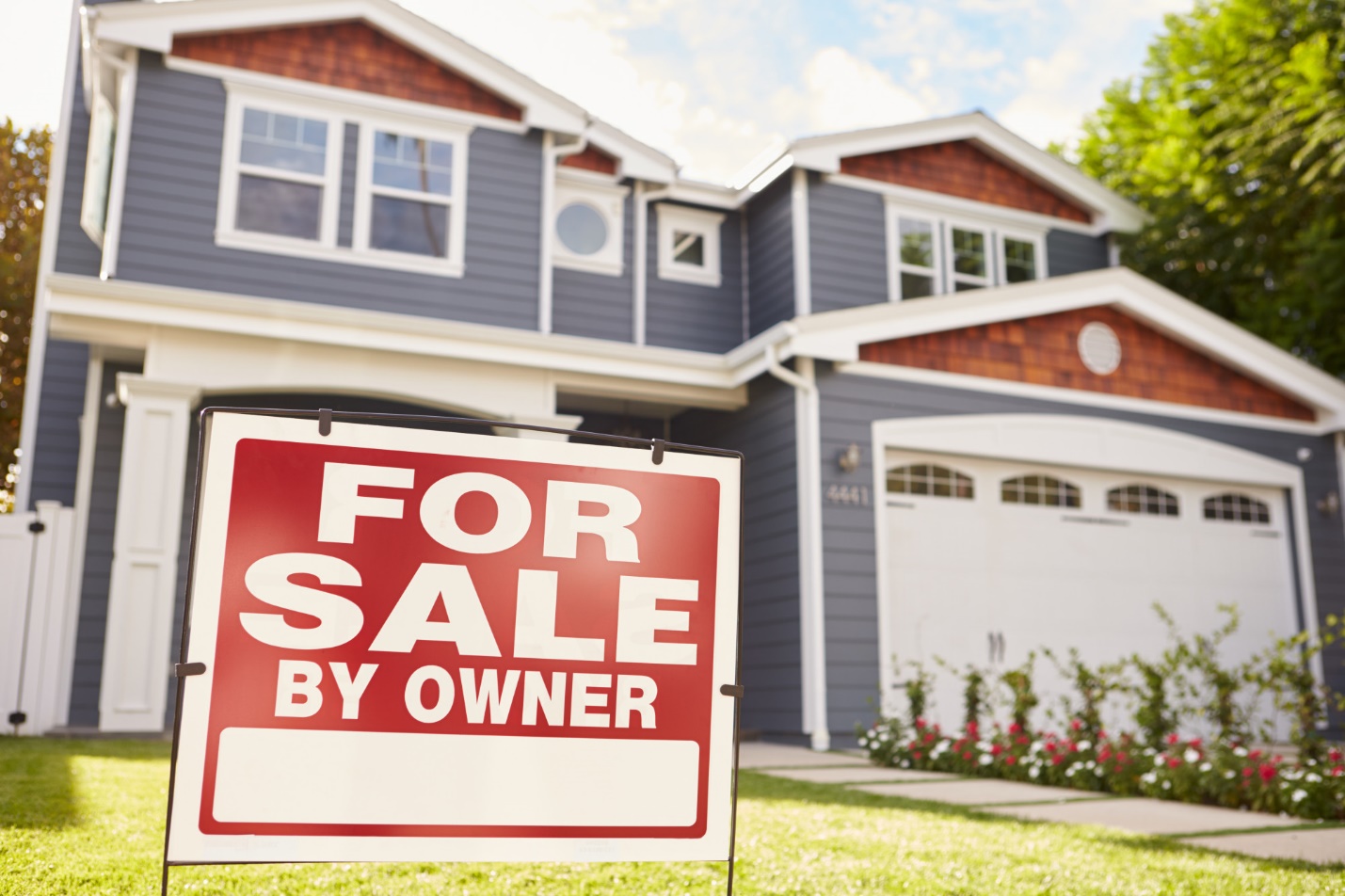Do you need to know when to sell or when to renovate?
A good time to sell a house is during an impending market correction. Housing dips prevent your ability to sell at a maximum profit.
In other cases, it’s a good idea to sell if your local taxes increase, or if you’re operating at a loss. When it comes to renovating, consider upgrades to make your property attractive to new tenants.
In other cases, you can renovate to make your property more attractive to the market. Renovations will also help you refinance.
This article will help you decide whether you should sell or renovate your investment properties. Let’s explore.
When Is a Good Time to Sell My House?
End of Your Loan Term
You can sell your home to pay off the remaining loan balance. Many investors with an interest-only loan will sell near the end of the loan term, especially if they and don’t intend to refinance. Investors usually use term loans instead of mortgages. If you need a mortgage, visit Jake Taylor for more information.
In many cases, investors take out a term loan for 5 or 10 years. At the end of the term, investors can decide to refinance or sell the property.
In the case of interest-only loans, it’s in your best interest to sell the property before the loan reaches its maturity date. The maturity date ushers in a balloon payment.
The balloon payment requires you to pay off the entire balance in full. To plan for maturity dates, sell the property, and use the proceeds to pay off the lingering balance.
The worst time to sell a house is early in the loan term. Many lenders impose pre-payment penalties if you pay off the balance too soon.
Since lenders make money off the interest, selling off the property and paying off the balance disrupts their profit goals. Therefore, many investors won’t sell until the end of the loan term.
Market Conditions
If you don’t intend to hold the property for long, the best time to sell is sooner rather than later. If you only want the property for 5 to 10 years, consider selling the property. Sell as quickly as possible if you’re concerned about a housing dip.
• Example: During the Great Recession, many people had to wait five years or longer before they could sell their investment properties. It was only after the Great Recession that prices began to surge again.
With that, you should also sell based on local market conditions. If prices are high in your market, sell the property to benefit from the higher values.
Higher Taxes
High taxes can eat away your income. Your taxes could increase as municipal officials increase property values in the city. As a result, local municipalities will charge higher taxes.
If you’re tired of high taxes, exit the market as quickly as you can. Also, consider the type of lease agreement you have with tenants.
A gross lease forces the landlord to pay for local taxes, Conversely, triple net leases shift the tax burden to renters. Regardless of the lease type, high taxes can affect your profit margins in different ways.
A gross lease could force you to raise rents in response to higher taxes. If the renters pay taxes, the high tax burden places more stress on them, increasing the likelihood of late payments and non-payments.
When Is a Good Time to Renovate My Property?
Higher Quality Tenants
If you’re not keen on your current tenants, consider implementing upgrades to attract high-quality renters. Consider renovations if:
• You have tenants that don’t take care of the units
• You have tenants who don’t have a stable income (i.e. college students)
• You would like to raise rents
Upgrades and renovations are more likely to attract renters who pay on time. To attract the best renters, you can add such perks as washers and dryers.
Raise Your Property Values
Even though you cannot fully control property values, you can increase its value with some upgrades. You’ll also be in a better position to refinance when the time comes.
A renovation is a good idea if you’re intent on a cash-out refinance strategy. Also, consider renovations if you embark on the “BRRRR” technique, which means buy, rehab, rent, refinance, and repeat.
Increased Competition
To implement the BRRRR method more successfully, learn what your fellow investors are doing in your area. Perhaps your local area is undergoing new development on a mass scale.
To compete with other landlords, offer properties with top-notch amenities. Renovating your property will help you stay competitive.
Consider an upgrade if your fellow landlords are also renovating their properties. Examine the features and amenities of your competitors. Further, you can also stay one step ahead of your competition by adding amenities and perks.
• Examples: If your fellow landlords don’t offer washer and dryer units, add them to your properties. If other landlords don’t offer pet-friendly units, make yours pet-friendly.
Tenants are more likely to choose your properties if they stand out and offer additional perks.
When to Sell and When to Renovate
If you want to know when to sell, do so at the end of your loan term. Also, selling is the best choice if you intend to hold the property for a short period (i.e. five years).
You should also sell before a housing dip. Overall, you should sell the property if your expenses outweigh your cashflow.
On the other hand, the best time to renovate a property is before you open the units to renters. You should also renovate to compete with other investors.
Interested in learning more? Read more on our website to gain insight into other topics.




